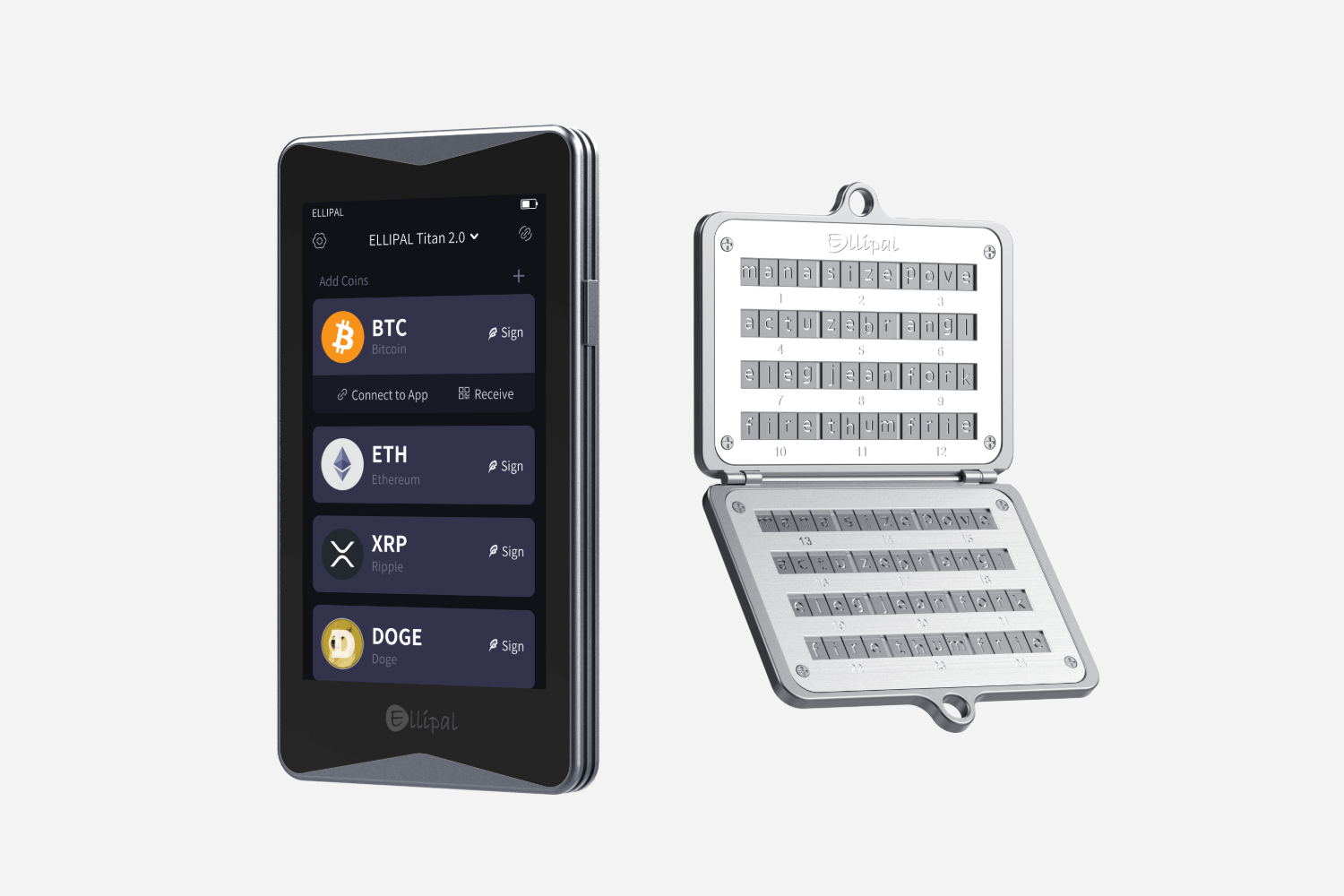Understanding Cold Wallets: What They Are and How They Work
Body
In the realm of cryptocurrency, security is paramount. One of the most effective ways to safeguard your digital assets is through the use of cold wallets. But what exactly are cold wallets, and how do they function? This article aims to provide a comprehensive understanding of cold wallets, their benefits, and their role in the cryptocurrency ecosystem.

What Are Cold Wallets?
Cold wallets, also known as cold storage, are offline devices used to store cryptocurrencies securely. Unlike hot wallets, which are connected to the internet, cold wallets are not susceptible to online hacking attempts. They provide a secure environment for storing private keys, which are essential for accessing and managing your digital assets.
Types of Cold Wallets
There are several types of cold wallets available, each with its unique features:
- Hardware Wallets: These are physical devices designed specifically for storing cryptocurrencies. They are portable and offer a high level of security.
- Paper Wallets: A paper wallet is a physical printout of your public and private keys. While they are immune to online threats, they can be easily lost or damaged.
- Air-Gapped Devices: These are computers or devices that have never been connected to the internet. They are used to generate and store keys securely.
How Do Cold Wallets Work?
The functionality of cold wallets revolves around the secure storage of private keys. When you create a cryptocurrency wallet, a pair of keys is generated: a public key, which is shared with others to receive funds, and a private key, which must be kept secret to authorize transactions.
Cold wallets store these private keys offline, making it nearly impossible for hackers to access them. When you want to make a transaction, you can connect your cold wallet to a computer temporarily, sign the transaction, and then disconnect it. This process ensures that your private keys remain secure.
Benefits of Using Cold Wallets
Utilizing cold wallets offers several advantages:
- Enhanced Security: Cold wallets are less vulnerable to cyber attacks, providing a safer option for long-term storage of cryptocurrencies.
- Control Over Assets: With cold wallets, users maintain full control over their private keys, reducing reliance on third-party services.
- Long-Term Storage: Cold wallets are ideal for investors looking to hold their assets for an extended period without frequent transactions.
Choosing the Right Cold Wallet
When selecting a cold wallet, consider factors such as security features, ease of use, and compatibility with various cryptocurrencies. For instance, the is a popular choice among cryptocurrency enthusiasts due to its robust security measures and user-friendly interface.
Conclusion
In summary, cold wallets are an essential tool for anyone serious about cryptocurrency security. By understanding what cold wallets are and how they work, you can make informed decisions about safeguarding your digital assets. Whether you opt for a hardware wallet, paper wallet, or air-gapped device, the key is to prioritize security and control over your investments.









Comments